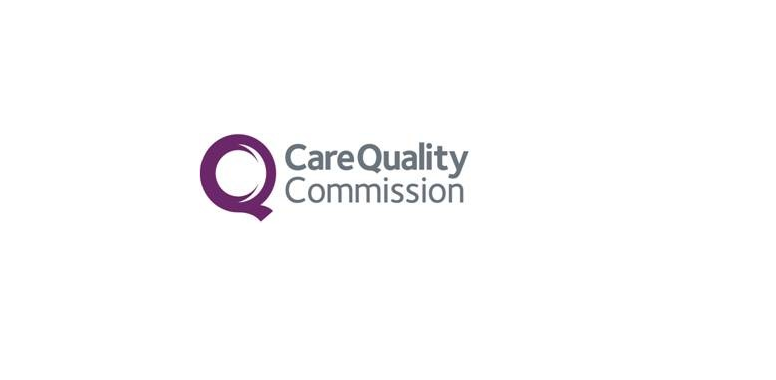Under fire healthcare regulator the Care Quality Commission (CQC) is developing a handbook to help health service providers understand what they can expect from an inspection.
It is also delaying the publication of how frequently it expects to conduct planned assessments and when it will have updated all ratings for all providers.
The CQC has been under intense scrutiny since the interim findings of the Dash review last week severely criticised the organisation for a range of performance failings.
The issues highlighted included a lack of consistency in inspections and significant delays in assessing or reassessing healthcare providers.
The report found that of the locations the CQC has the power to inspect, around one in five had never received a rating.
Meanwhile, some organisations were not being inspected again for several years – with the oldest rating for an NHS hospital dating from more than 10 years ago and the oldest rating for a social care provider dating from 2015.
This week Doctor Care Anywhere told Health & Protection it had not been given a date for its re-assessment after being downgraded almost a year ago.
What to expect from an inspection
In a communique sent yesterday evening, the CQC explained that as part of its work to address the Dash review concerns after listening to the sector it would be publishing a provider handbook outlining inspection protocols and how to identify good practice.
“We have listened hard to providers in recent weeks, and so we are able to confirm our intention to work with providers, people who use services and our colleagues in the coming months to develop a new CQC handbook for all providers,” it said.
“We will work together to shape this.
“So far, we have heard that this handbook needs to explain what providers can expect from an inspection, what customer services standards you should expect from CQC, and how we can together reach a shared understanding of what ‘good’ looks like for different service types.”
Targets must be ‘realistic and achievable’
The regulator had also been due to publish information in July about its expectations of the frequency of planned assessments, and an indication of a date by when it will have updated all ratings for all providers.
However, following the Dash review it has delayed this work until later in the summer.
“The interim findings of the Dash review made clear recommendations for how we need to change how we work with you, and we have committed to making those changes,” the CQC said.
“It is vital that information we share with you and the targets we set are realistic and achievable, and that we have involved providers, the public and our colleagues in our decision making.
“We will publish an interim statement in August about how frequently we plan to assess each type of service. We will then publish more information on this in September.”
Apology to providers
Earlier in July CQC interim chief executive Kate Terroni apologised to healthcare providers for poor service and support offered by the regulator as it implemented its new approach.
“I know that the changes we’ve delivered so far are not what we promised,” she said.
“It’s made things more difficult than they should be. We’re not where we want to be, and we’re determined to put things right.”
Terroni admitted technical issues and challenges with the provider portal meant some providers were not able to have a good experience and that many had experienced delays in registering with the CQC.
“On top of this, the changes in how we manage relationships have left many providers feeling unsupported,” she continued.
“Many of the issues we’re experiencing now were anticipated and flagged by providers and our own people.
“We didn’t listen properly or take on board these concerns, and that’s why we’re where we are now.
“Though there was significant engagement and co-production of the high-level elements of our approach, we didn’t follow that process into the detail of how we’ll assess providers.”
Having stepped into the role after the resignation of chief executive Ian Trenholm, Terroni added: “With my new role comes my commitment to urgently and rapidly improve how we’re using our regulatory approach and to making the changes we need to steer us in the right direction.”
